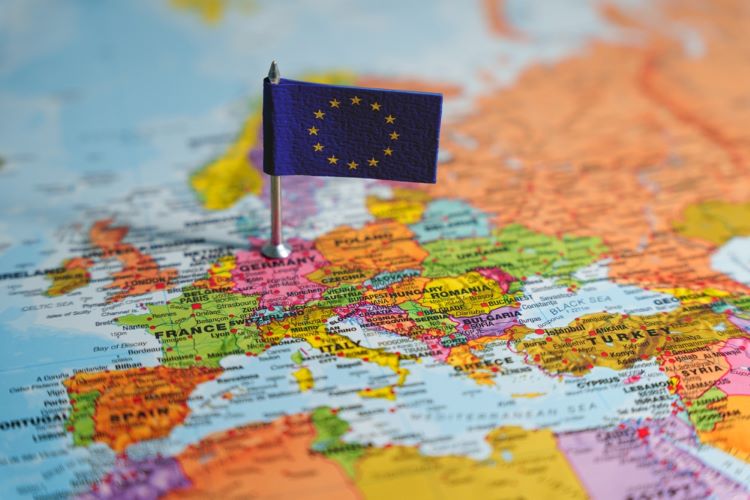Stabilising Europe’s generic medicine supply
Ahead of the Critical Medicines Act anticipated in 2025, Teva’s report offers policy recommendations to mitigate the economic pressures risking generic medicine availability in Europe.
New analysis from Teva Pharmaceuticals Europe has reported concerning statistics regarding the security of critical medicines supply in the region is at risk. For instance, in the EU, 46 percent of generic medicines from the EU Critical List of Medicines are provided by a single supplier. For these firms with over 60 percent market share, this number rises to 83 percent of critical generic medicines, according to the data.
Regulatory and environmental requirements, as well as a lack of price flexibility, are pushing [generic] medicine suppliers to withdraw their drugs from the market”
Furthermore, Teva’s research warns of consolidation of critical generic medicines that is three-fold faster than other generics, indicating an actual material risk to the security of Europe’s critical medicines supply. In recent years, economic challenges, geopolitical tensions, as well as new policy requirements have driven this trend.
Moreover, the report noted that a combination of factors are reducing economic viability of critical generic medicines. Regulatory and environmental requirements, as well as a lack of price flexibility, are pushing medicine suppliers to withdraw their drugs from the market.
The research warned that “shortages are most concentrated in a handful of countries and often involve older, off-patent and generic medicines”.
Strategies to secure supply of generic medicines in Europe
To ensure patients in the EU retain access to generic drugs, Teva’s report proposed three key actions as priority:
1. Developing at full scale the European Solidarity Mechanism to allow reallocation of existing market stocks to better address national shortages
2. Safeguard the economic viability of critical generic medicines by ensuring the systematic use of multiwinner, multicriteria procurement schemes designed collaboratively with the industry. This means shifting from the lowest cost purchasing bid, so that the most valuable purchasing offer for Europe’s healthcare system and economy is recognised.
3. Strengthening European critical medicines manufacturing competitiveness and capacity via agile funding schemes to fast-track approval for strategic investments, supporting all types of innovations including in manufacturing.
“Patients depend on reliable access to affordable, high-quality treatments, but the ongoing consolidation of suppliers and withdrawal of critical medicines threatens this access. Addressing the pressures on generic medicine manufacturers is essential to protecting patient care and ensuring the long-term sustainability of Europe’s healthcare systems. For critical generic medicines it is even more important that a reliable, diversified supply network is in place,” explained Michal Nitka, Senior Vice President, Generics Head Europe & OTC Global Head at Teva.
“[Europe’s critical generic medicine supply can be supported by expanding the definition of a first-of-a-kind facility] to include new or substantially upgraded production sites for active pharmaceutical ingredients (APIs), finished dosage forms, and other critical components such as key starting materials and intermediates”
Speaking to EPR, Nitka suggested one way to address the recommendations provided in Teva’s report is to expand the definition of a first-of-a-kind facility “to include new or substantially upgraded production sites for active pharmaceutical ingredients (APIs), finished dosage forms, and other critical components such as key starting materials and intermediates”.
Furthermore, he urged that “dynamic pricing practices must be developed to reflect market realities and maintain economic viability. Additionally, safeguarding critical medicines from unintended consequences of environmental legislation is essential. Any new regulations, such as the Urban Waste Water Treatment Directive, must undergo thorough rigorous and realistic impact assessments to prevent supply disruptions”.
In conclusion, “Europe must better recognise its potential and find stronger ways to support generic medicine production. We hope the Critical Medicines Act will restore balance, ensure patient access, and protect Europe’s healthcare sustainability,” Nitka shared.










